Over the last year, accounting businesses worldwide saw a continued shift towards digitalization and automation, as companies adapted to remote work and changing economic conditions. The demand for technology-based accounting solutions increased, as well as for virtual and outsourcing services. The pandemic also highlighted the importance of financial management and planning, leading to an increased focus on financial reporting and analysis.
Despite these changes, the overall demand for professional accounting services remained strong, providing opportunities for growth and expansion in the industry.
Here are top 5 trends and developments affecting the accounting industry worldwide:
- Increased adoption of Artificial Intelligence (AI) and machine learning (ML) in accounting and financial reporting
- Greater focus on sustainability and non-financial reporting
- Increased regulatory focus on financial reporting and corporate governance
- Emphasis on real-time financial reporting and real-time data analysis
- Expansion of cloud-based accounting software and related services
Increased adoption of AI and machine learning (ML)
There was a significant rise in the adoption of AI and ML in accounting and financial reporting. This was driven by the need for more efficient, accurate and timely financial reporting and the availability of new technologies that could support this goal.
The use of AI and ML in accounting and financial reporting involves automating tasks such as data entry, reconciliation, and financial analysis, which can reduce the risk of errors and increase efficiency. Additionally, these technologies can also help companies generate insights and make more informed business decisions.
This shift towards the use of AI and ML in accounting and financial reporting is expected to continue in the coming years, as companies seek to improve their financial reporting processes and make better use of the vast amounts of financial data they collect.
Greater focus on sustainability and non-financial reporting
We have been witnessing a growing focus on sustainability and non-financial reporting in the accounting industry. This trend was driven by increased awareness of the importance of environmental, social and governance (ESG) factors in business and investment decisions, and the need for better information to support these decisions.
To meet this demand, accounting firms and organizations began to develop new reporting frameworks and standards to help companies measure and communicate the impact of their operations on the environment and society. This increased focus on sustainability and non-financial reporting also led to an increased demand for accountants with expertise in ESG analysis and reporting.
The trend towards greater focus on sustainability and non-financial reporting in the accounting industry is expected to continue in the coming years, as stakeholders demand greater transparency and accountability on ESG issues.
Increased regulatory focus on financial reporting and corporate governance
There is a significant increase in regulatory focus on financial reporting and corporate governance in the accounting industry. This trend was driven by several factors, including:
- Heightened investor scrutiny: Investors are demanding greater transparency and accountability from companies, leading to increased pressure on the accounting industry to improve the quality of financial reporting.
- Changes in accounting standards: The adoption of new accounting standards, such as IFRS 17, increased the complexity of financial reporting and the need for higher quality information.
- Heightened concerns about corporate governance: Scandals and instances of unethical behavior by corporate leaders have led to increased public and regulatory scrutiny of corporate governance practices, particularly in the areas of board independence, risk management, and financial reporting.
- Increased enforcement of financial reporting regulations: Regulators are taking a more proactive approach to enforcing financial reporting regulations, including increased fines and penalties for non-compliance.
Overall, these factors have resulted in a heightened focus on financial reporting and corporate governance within the accounting industry, as companies seek to maintain investor trust and comply with regulatory requirements.
Emphasis on real-time financial reporting and real-time data analysis
The 'always-on' business lifestyle created a massive demand for real-time financial reporting and real-time data analysis. This trend was driven by several factors, including:
- Rise of digital transformation: The growth of digital technologies has made it possible for companies to collect, process, and analyze financial data in real-time, providing greater visibility into their financial performance.
- Increased demand for real-time information: With the rapid pace of business, stakeholders including investors, regulators, and managers are increasingly seeking real-time information about a company's financial performance.
- Need for faster and more accurate decision making: With real-time information, companies can make quicker and more informed decisions, leading to improved financial performance.
- Emergence of cloud-based accounting solutions: The rise of cloud-based accounting solutions has made it easier for companies to access and analyze real-time financial information from anywhere.
These factors will continue to drive demand for real-time financial reporting and real-time data analysis, as companies seek to stay competitive and make data-driven decisions.
Expansion of cloud-based accounting software and related services
And finally, we have to mention the expansion of cloud-based accounting software and related services. The growth of cloud-based solutions was driven by the increasing need for flexibility and accessibility in financial reporting, as well as the desire for lower costs and improved scalability.
Cloud-based accounting solutions allow companies to access financial information from anywhere, at any time, and collaborate with their accounting team in real-time. Additionally, these solutions can also integrate with other business systems, such as client portals, invoicing, payroll, and project management, to provide a more complete picture of a company's financial health.
The recent expansion of SaaS (Software as a Service) offerings also led to an increased demand for accountants with expertise in these solutions and the ability to provide cloud-based accounting services to their clients. The trend is expected to continue in the coming years, as companies seek to improve their financial reporting processes and better manage their financial data.
Here are 10 examples of cloud-based accounting software:
- Xero
- QuickBooks Online
- FreshBooks
- Zoho Books
- Wave Accounting
- Sage 50cloud
- KashFlow
- MYOB
- Intuit Online Payroll
- FreeAgent.
Client and document portals compliment cloud-based accounting software
Most accounting firms are benefiting from the operating synergy of accounting software and client portal software, both cloud-based. For instance, Clinked is a cloud-based client portal platform that can be used by accountants alongside their existing professional software to improve client service and communication. Clinked can help your firm with the following:
- Collaboration: Allow clients to collaborate on projects, tasks, and financial information in real-time.
- Document Management: Store, organize, and share client documents and files securely in the cloud.
- Task Management: Assign, track and manage tasks and deadlines with clients.
- Secure Data: Ensure the security and privacy of client data through the use of encryption and secure data storage in the cloud.
- Communication: Improve communication with clients through internal messaging, discussion forums and notifications.
If you would like to find out more about how Clinked can improve client interaction and data security at your firm, please contact us to book a free demo.


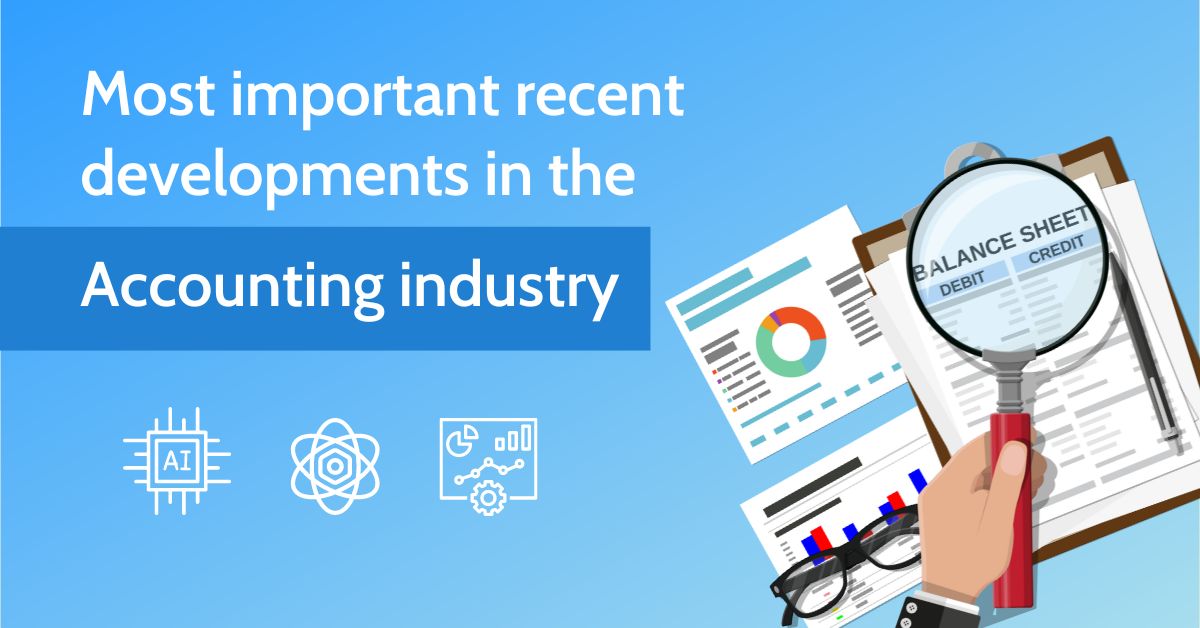

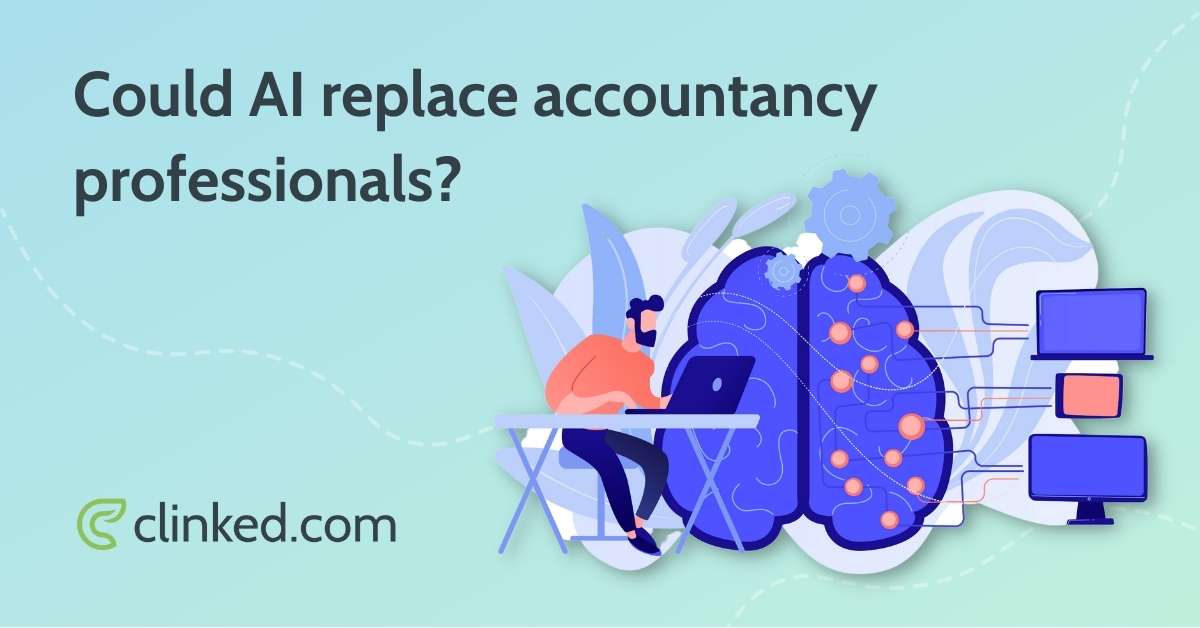
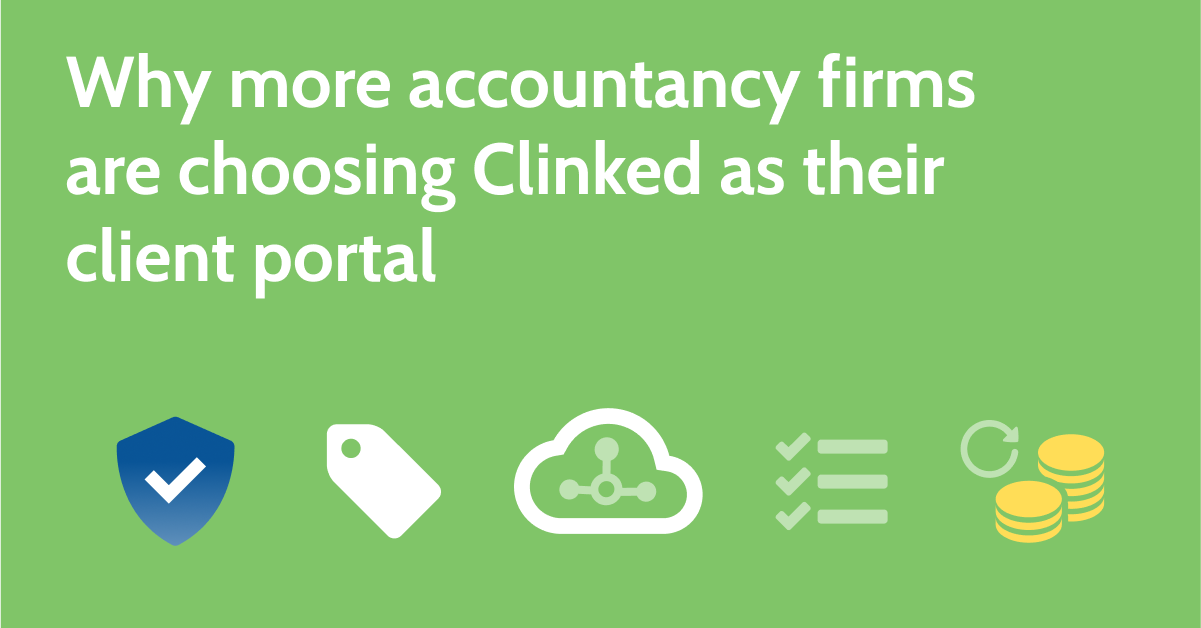
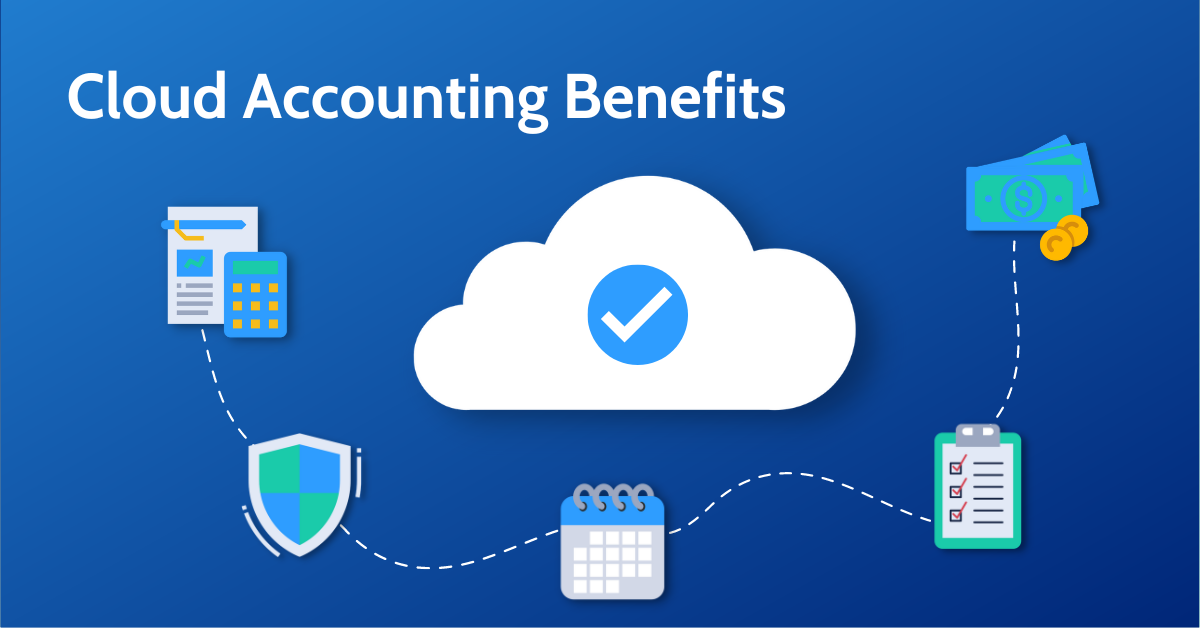
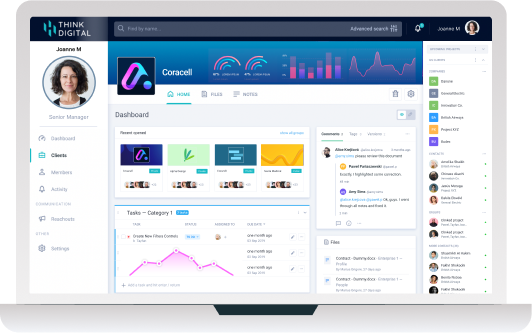

Let Us Know What You Thought about this Post.
Put your Comment Below.